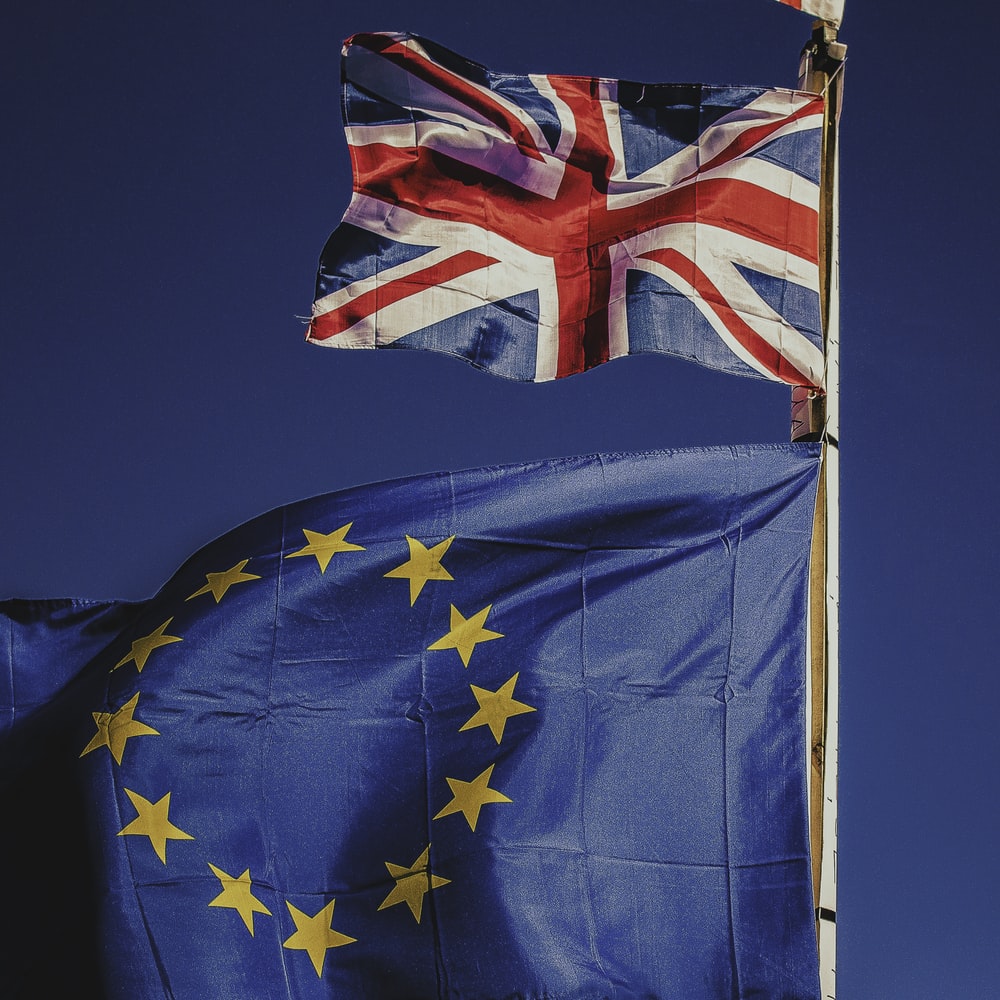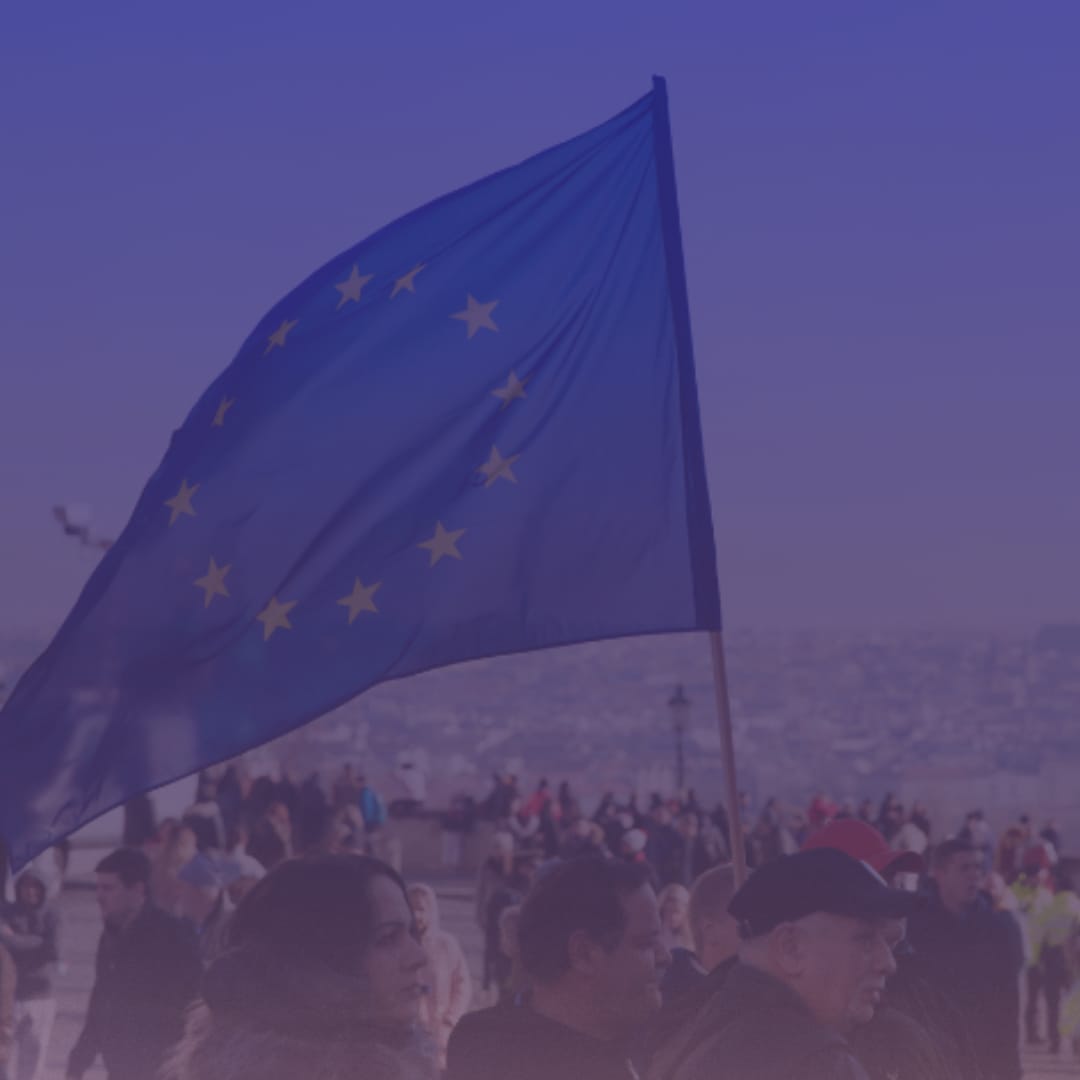
Author: Harvey Dryer
As the United Kingdom (UK) and European Union (EU) headed into its 8th round of Brexit negotiations last week, the UK government tabled the Internal Market Bill, a piece of legislation that would, if passed, supplant articles within the Withdrawal Agreement. This law would undoubtedly shake up the negotiations and add a new dynamic to the talks, which have been petering out. Its main use may be as a diplomatic instrument, which could grant some leveraging power over the EU. However, in its pursuit of “unfettered access”(Thimont et al, 2020) of goods across the Irish Sea, the UK would break international law. Such an action may be very costly for the UK on many fronts. It could also potentially inhibit cooperative relations developing between the UK and the EU after the transition period, taint the UK’s image on the international stage, and raise questions over the shape of the Irish border after the end of the transition period. It seems as though the only domestic benefit of the Internal Market Bill is that it would claw back some sovereignty.
Simply by tabling the Internal Market Bill, PM Johnson is violating the Withdrawal Agreement. If passed, it would dramatically reduce the chances of a de facto border emerging down the Irish Sea (Elgot & Stewart, 2020). Clause 42 specifically aims to create “unfettered” free movement of goods between Northern Ireland and Great Britain, without EU custom checks (Thimont et al, 2020). This directly contradicts the Northern Ireland protocol (a crucial facet of the Withdrawal Agreement), which sets out the use of EU custom checks on goods entering Northern Ireland. Effectively, the bill would root out any influence the EU has over the internal trading affairs of the UK, making Westminster the ‘only sheriff in town.’ By undermining international law, the UK government, as well as demonstrating the authority of domestic law and national sovereignty, is satisfying the desires of Brexiteers. This attempt to claw back more political sovereignty will garner strong support both within Parliament, and from various groups of the public who wanted to “take back control” in 2016 (Johnson, 2018).
Although this may produce domestic political gains for Johnson, it may squander the international image of the UK. By planning to override the Withdrawal Agreement, the UK government is, simply put, breaking the law. By arguing that national interest dictates the international agreement should be, in good faith, terminated, the UK government is committing hypocrisy. If the UK government, nay any government at all, breaks international law, then they portray a lack of commitment to law and order. By prioritising individual interest, the primacy of legality has been displaced and so the most tangible form of justice in the world is undermined (“United Nations,” 2020). Even though domestic laws are violated thousands of times a day in the name of self gain (“Office of National Statistics,” 2020), governments need to set a prime example to their people. By passing the bill into law, the UK government would be setting the very definition of a double standard.
This hypocrisy is inherently unjust and so, like any infraction of this magnitude, will face legal punishment. The UK government could even “find itself tied up in litigation before the ECJ which has jurisdiction over the interpretation and implementation of the Withdrawal Agreement,” (Clapham, 2020). The EU’s judicial framework won’t allow for the UK to knowingly break international law without facing retribution. So, future UK and EU relations will likely be underpinned by an international legal court case. Breaking international law certainly won’t provide a solid platform to build a future relationship, and so will squander the chance to start fresh with the EU after four years of UK aloofness. Litigation will push the prospects of “friendly cooperation”(Prime Ministers Office, 2020) further out of reach.
The international ramifications go far beyond UK-EU relations too. Not only will this damage the UK’s standing with the EU post-Brexit, but it will seriously breach the levels of trust between the UK and other nation states. The UK’s behaviour demonstrates a lack of loyalty and devotion to mutual agreements (Blair & Major, 2020). Whilst the UK government scraps for every piece of political control within its borders by ‘throwing out the rule book,’ spectating states will have one question in mind: “Why should we trust the word of the UK?” The International image of the UK has become unsavoury.
However, the costs and gains of the bill cannot be simply analysed in terms of the UK image. This would only paint a part of reality. Although the perception of a nation can help shape state fortunes, a bill of this magnitude is notably fungible and so will affect many political realms. Perhaps the field that interests Johnson the most is that of the Brexit negotiations. Through no coincidence, the eighth round of talks between Lord Frost and Michel Barnier kicked off the same week in which the Internal Market Bill was announced. Many political officials, including the Irish Foreign Minister Simon Coveney, hypothesise that:
There’s a deliberate attempt to try to create real tension this week to try to shake things up, presumably in an effort to try to squeeze some concessions out of the EU side as these negotiations need to be put back together in the weeks ahead. (Murray, 2020).
This analysis helps draw out some driving motivational force behind the tabling of the Internal Market Bill, which is to add diplomatic dynamism to the negotiations. Mere weeks ago, Michel Barnier, the EU negotiator, said he is “worried and disappointed” by a lack of concessions from the UK (Mason, 2020). The Internal Market Bill may, however, reinvigorate the deadlock. By putting the diplomatic ball into the EU’s court, the UK are hoping to leverage a concession out of their adversaries by utilising the power of domestic law. The EU would no longer be able to conduct custom checks without violating UK law. This would stimulate talks and hopefully regenerate the prospects of compromises over other issues that have contributed to the deadlock. By sacrificing the UK’s international standing, the UK may just yet be able to forge a path towards obtaining a Brexit deal.
However, having avoided a de facto border emerging down the Irish sea, the Internal Market Bill opens up another border issue. By unilaterally overriding the Northern Ireland Protocol, which safeguards against a hard border between the two Irish Nations, the Bill would produce uncertainties over the durability of Irish peace. Following the transition period, the border between Northern Ireland and Ireland will become an external boundary of the EU, similar to the Swedish-Norway, Turkish-Bulgarian, and French-Swiss borders. Although technology has streamlined border controls, they are certainly not frictionless (Morris, 2020). The friction, caused by a new hard Irish border following the end of the transition deal, would undermine the 1998 Good Friday Agreement, in which an open border is vital. (Morris, 2020). The Good Friday Agreement created new institutions for cross-border cooperation and structures for improved relations between Northern Ireland and Ireland. With the UK government using the Irish Backstop as a bargaining chip to acquire a deal, cross-border cooperation, which has played a crucial role in stabilising Irish relations, could be threatened. The prospect of a 21st century with regenerated “troubles” could undo the diplomatic successes of the past 22 years.
Once again, the Internal Market Bill seems to be more costly than beneficial. The Internal Market Bill would, if passed, effectively nullify the impact of the Northern Ireland Protocol, and so removes the only legislative insurance preventing a hard border emerging between Ireland and Northern Ireland. Without any insurance, uncertainty arises over the stability of the region. It seems as though the UK government is willing to risk the safety of its own citizens by using it as a bargaining chip in negotiations. Having broken international law, the UK faces an image crisis. By risking Irish peace, the UK faces a crisis of integrity.
In sum, the Internal Market Bill is by no means an act of skilful diplomacy by the UK. In circumventing the EU’s red lines, they are being too adventurous in their efforts to achieve bargaining power. In their quest of pushing the EU into making concessions of their own, the UK would willingly compromise insurances of peace between the Irish Nations, exacerbating tensions and squandering their international image. Whilst the Bill may be a starting point for renewed hopes of a deal, it only targets one of many major negotiation issues. Even then, a favourable resolution over the Irish border is not guaranteed. Without insurance that all negotiating issues will be resolved by the Internal Market Bill, the UK lacks sufficient justification for their actions. Determining whether or not the Internal Market Bill is skilful diplomacy thus becomes a simple calculation of ends in which the costs outweigh the gains. The Internal Market Bill is undoubtedly a costly tactic.
References:
Blair, T & Major, J. (12th September 2020). John Major and Tony Blair: Johnson must drop shameful no-deal Brexit bill or be forced to by MPs. The Times – Commentary.
Clapham, N. (10th September 2020). The UK Internal Market Bill: breaking law and reputation. UK in a Changing Europe.
Elgot, J & Stewart, H. (14th September 2020). Brexit: internal market bill passes by 77 votes amid Tory party tension. The Guardian.
Johnson, B. (26th May 2018). Boris Johnson: The only way to take back control of immigration is to Vote Leave on 23 June. VoteLeave.
Johnson, B. (3rd February 2020). The Future Relationship between the UK and the EU. Prime Minister’s Office, 10 Downing Street.
Mason, C. (6th September 2020). Brexit: Negotiator David Frost says UK not scared of walking away. BBC News.
Morris, C. (15th May 2018). Brexit: What can UK learn from other external EU borders? BBC News.
Murray, S. (11th September 2020). Brexit trade deal: British are ‘creating chaos deliberately’ says Irish foreign minister. Euronews.
Office of National Statistics – Crime in England and Wales: year ending March 2020. Available from: https://www.ons.gov.uk/peoplepopulationandcommunity/crimeandjustice/bulletins/crimeinenglandandwales/yearendingmarch2020. (Accessed: 16th September 2020).
Thimont, M et al. (9th September 2020). UK Internal Market Bill. Institute for Government.
United Nations – International Law and Justice. Available from: https://www.un.org/en/sections/issues-depth/international-law-and-justice/. (Accessed: 13th September 2020).

 The geopolitical role of the Sahel: the influence of the EU and other Great Powers in the Malian crisis
The geopolitical role of the Sahel: the influence of the EU and other Great Powers in the Malian crisis  Is Nuclear Disarmament Still a Dream? The Third Meeting of State Parties in Perspective
Is Nuclear Disarmament Still a Dream? The Third Meeting of State Parties in Perspective  Strategic Saboteur: Hungary’s Entrenched Illiberalism and the Fracturing of EU Cohesion
Strategic Saboteur: Hungary’s Entrenched Illiberalism and the Fracturing of EU Cohesion  The invention of development: power, narrative, and the afterlife of Truman’s speech
The invention of development: power, narrative, and the afterlife of Truman’s speech 


